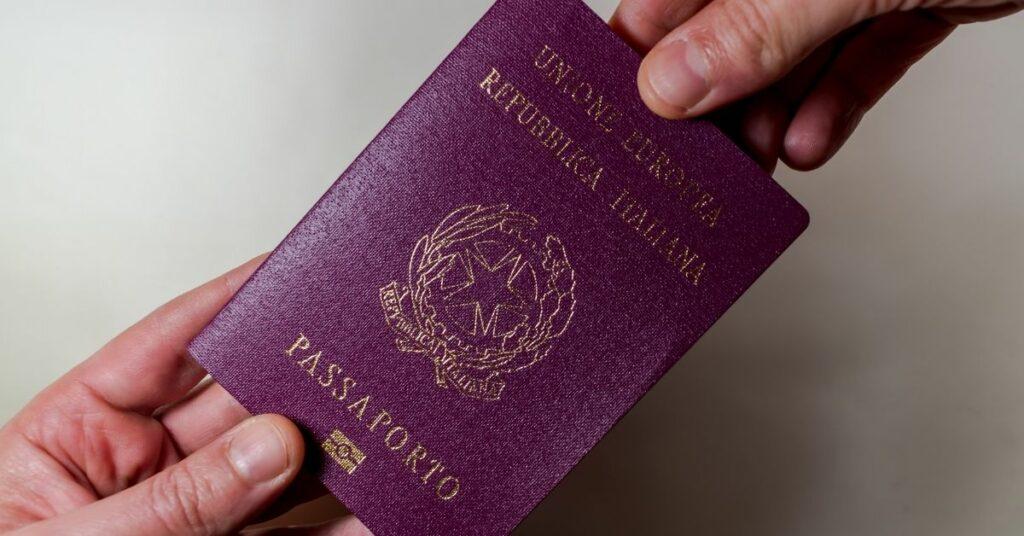Italian citizenship is alluring for countless Americans as it offers the best culture, lifestyle, climate, and financial opportunities. The best part is that you have various citizenship routes to reach the country and start life afresh. If you have ancestral connections in Italy, expect the process to be a breeze. The good thing is that there are no generational limits, and you can apply through parents, grandparents, and beyond.
But things are far from easy if you have a female ancestor. You may not qualify for the conventional Jure Sanguinis process. However, you can still claim through the 1948 Rule. You can visit Bersani Law Firm to know more about the court process it entails. Here are some facts you need to understand about claiming Italian citizenship through maternal ancestry.

Eligibility for the 1948 process
Eligibility for Jure Sanguinis depends on having an unbroken bloodline in Italy. But you may fall into an exception if your relative was a woman. Simply speaking, you cannot qualify through an Italian-born woman who gave birth before 1948. It applies to your mother or a distant relative whose child was in your direct bloodline. In this case, you are eligible for the 1948 Rule. Although claiming through court sounds daunting, it is easier than you imagine. You can do it effortlessly, provided you have a good understanding of the process and an expert guiding you with the journey.
Knowing the 1948 Rule
According to the Italian citizenship by descent law, women cannot pass on their citizenship to offspring before January 1, 1948. It sounds discriminatory as men can transfer it to the next generations. The situation becomes complex when two siblings from the same mother have different eligibility statuses. One qualifies for Jure Sanguinis while the other does not, just because they were born before 1948. The Italian government decided to correct the bias by amending the law. It passed the 1948 Rule that allows all people with female relatives to claim Italian citizenship, regardless of the year of birth of the next in line.

Understanding the 1948 process
The 1948 Rule involves a court process, so you need to understand its nitty-gritty to complete the entire steps. Claiming through court sounds daunting as you expect the process to be long and complex. But the truth is that it may end faster than the conventional consulate route, provided you are aware of the steps. Here are the ones to follow:
- Document gathering- The first step is pretty much the same as the Jure Sanguinis process. You must gather key documents tracing your Italian lineage and detailing the life events of your ascendants. These include birth and death certificates, marriage and divorce records, name change information, and naturalization records.
- Translation and legalization of documents- The documents you get from your ancestor’s Italian comune will be acceptable in court. But the ones originating outside Italy have to be translated and apostilled to be regarded as valid for the process.
- Hiring a local 1948 lawyer- You cannot expect to represent yourself in court, so you will have to hire a local 1948 specialist lawyer for the job. The good thing about collaborating with a local is that you can save a fortune traveling to Italy by letting them represent your case. All you need to do is provide them with a Power of Attorney to act on your behalf.
- Sharing documents with your lawyer- After hiring a local lawyer, you have to send them all the certified documents for the process. Once you share the documents and your Power of Attorney, they will get started with the petition.

- Getting a hearing date- After filing a petition, the court gives a hearing date for your application. You may have to wait for several months for the date, although it may be less than the consulate appointment waiting period. Once you have a date, you require complete and accurate documentation. If you have it in place, you will probably get through in a single hearing. There may be a follow-up hearing if the judge wants more evidence. The final judgment often comes within a few months of the final hearing.
Conclusion
You get a court order after the judgment and you have to register in the municipality of your ancestor to close the process. After completing these formalities, you become a legal citizen of Italy. Although you get it through the 1948 Rule, you have the same rights and benefits as someone who gets it through the conventional process. Just find the right lawyer to represent you, and make the process as effortless as possible.



